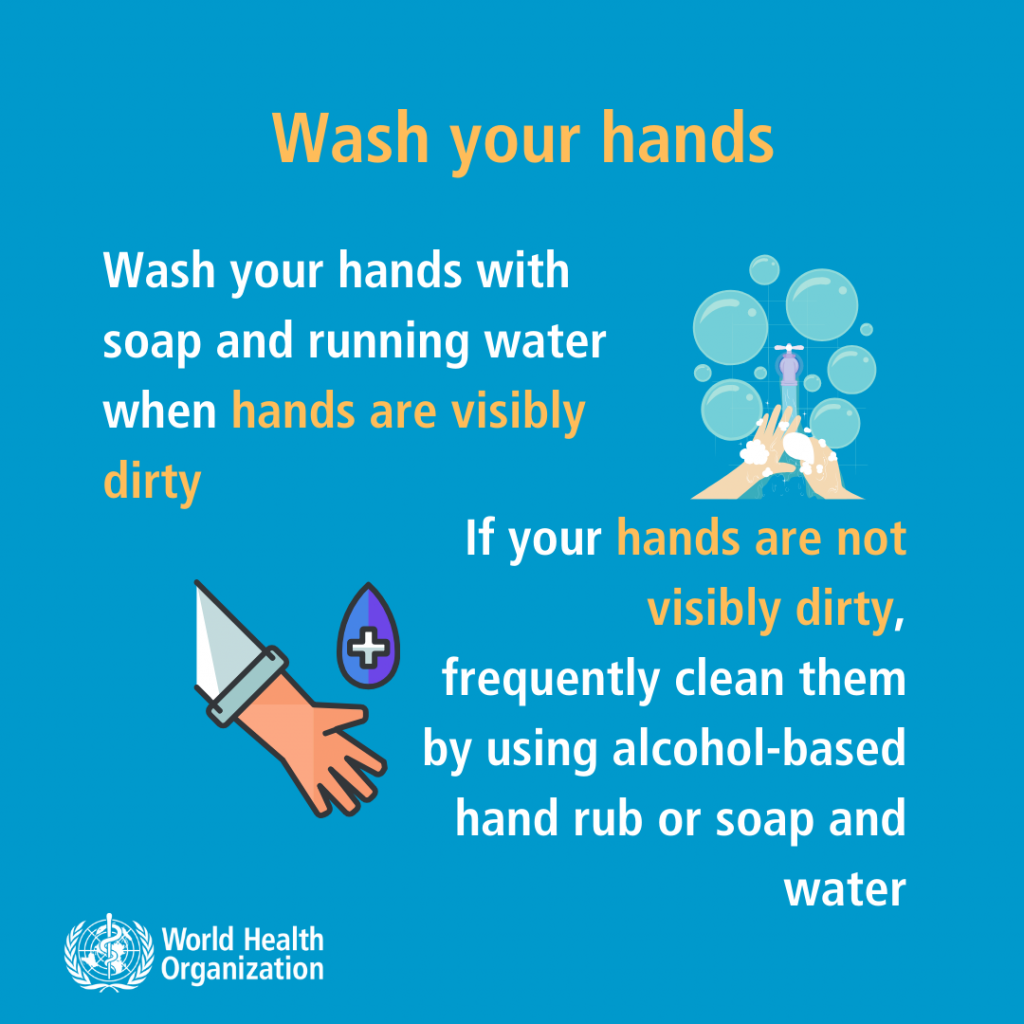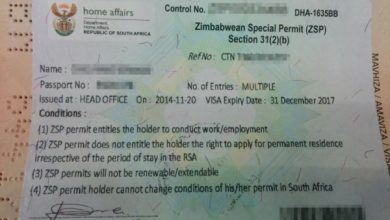Is loss of smell and taste also symptoms of COVID-19?
CLAIM: Loss of smell and taste are new symptoms of COVID-19
VERDICT: INCONCLUSIVE
Source: WhatsApp viral message
BACKGROUND: According to the British Association of Otorhinolaryngology (ENTUK), there is new evidence for the loss of smell as a symptom of COVID-19 infection. The association says post-viral anosmia is one of the leading causes of loss of sense of smell in adults, accounting for up to 40 percent cases of anosmia.
Viruses, according to ENTUK, that give rise to the common cold are well known to cause post-infectious loss, and over 200 different viruses are known to cause upper respiratory tract infections.
“Previously described Coronaviruses are thought to account for 10-15% cases,” said the association.
“It is therefore perhaps no surprise that the novel COVID-19 virus would also cause anosmia in infected patients. There is already good evidence from South Korea, China and Italy that significant numbers of patients with proven COVID-19 infection have developed anosmia/hyposmia.”

The association added: “In Germany it is reported that more than 2 in 3 confirmed cases have anosmia. In South Korea, where testing has been more widespread, 30% of patients testing positive have had anosmia as their major presenting symptom in otherwise mild cases.”
A United Kingdom newspaper, Independent, has also reported that loss of smell and taste are now considered new symptoms of COVID-19.
“Throughout the course of the coronavirus pandemic, discussions have taken place surrounding the possibility that the virus can be spread by people who are asymptomatic,” reads the article.
“Though the two primary symptoms of Covid-19 have been widely cited as a high temperature and a new, continuous cough, health officials have recently stated that loss of smell and taste could also be lesser-known symptoms of the virus.”
CNBC on April 6, 2020 also reported a story, headlined: “A loss of taste and smell may be the best way to tell if you have coronavirus, new study shows.”
The story reads in part: “If tests are not available, a loss of taste and smell could be the best way to detect whether someone has contracted the coronavirus, according to U.K. researchers.”
According to CNBC, a research team at King’s College London assessed the responses of more than 400,000 people reporting one or more suspected symptoms of COVID-19 to an app.
“The data analyzed showed that 59% of those who tested positive for the virus reported a loss of smell and taste, compared with only 18% of who tested negative for the disease,” reads the article.
“These results, the researchers said, were “much stronger” in predicting positive COVID-19 diagnoses than a self-reported fever. This appears to indicate that a loss of smell and taste should be added to the list of common coronavirus symptoms.”
In an article, titled: “Lost Sense of Smell May Be Peculiar Clue to Coronavirus Infection,” the New York Times reports that doctor groups are recommending testing and isolation for people who lose their ability to smell and taste, even if they have no other COVID-19 symptoms.
There is still however a debate on whether loss of smell and taste should be included in the list of COVID-19 symptoms, with health authorities like the WHO, until now having only said a fever, dry cough and fatigue are the symptoms to watch out for.
ABC, recently carried an article: “Should a loss of smell and taste be added to Australia’s recognised coronavirus symptoms?”
Itv, on April 3, 2020 posted a story with a headline: “Loss of taste and smell will not be added to coronavirus symptoms watch list.”
“Loss of taste and smell will “absolutely not” be added to the list of symptoms people should watch for when assessing if they have coronavirus, the Government has confirmed,” reads the story.
“The announcement comes after Health Secretary Matt Hancock revealed he lost his sense of taste when he contracted Covid-19. Mr Hancock made his first public appearance on Thursday after self-isolating for seven days following a positive test for the virus.”
The article further says that England’s Deputy Chief Medical Officer said the advice from experts was that such developments should not be considered standard symptoms of COVID-19 to watch for.
In a paper titled: “expert reaction to unpublished preprint on loss of smell and taste as symptoms of COVID-19,” published by the Science Media Centre, Dr Jane Parker, Associate Professor, Flavour Chemistry, University of Reading, said loss of smell and taste may not necessarily be good indicators that one has contracted COVID-19.
“This paper shows good preliminary (non-peer-reviewed) evidence that loss of smell and taste is likely to be a symptom of Covid-19, but its role as an early warning signal has not been confirmed,” said Dr Parker.
“There is no evidence that those with loss of smell and taste are infectious. However, given the severity of the pandemic, the data are convincing enough that precautionary self-isolation on sudden loss of smell or taste should be considered.”
She added: “I agree that smell loss should lead to self-isolation. Note that of the people with symptoms who tested negative for COVID-19, 18% self-reported loss of smell and taste. This is very high but these were undoubtedly suffering from other viral infections, so the smell loss is a good indicator, but there are other viruses going around which also have a similar effect on smell.”
Dr Parker added the reliance on self-reported data weakened the research.






